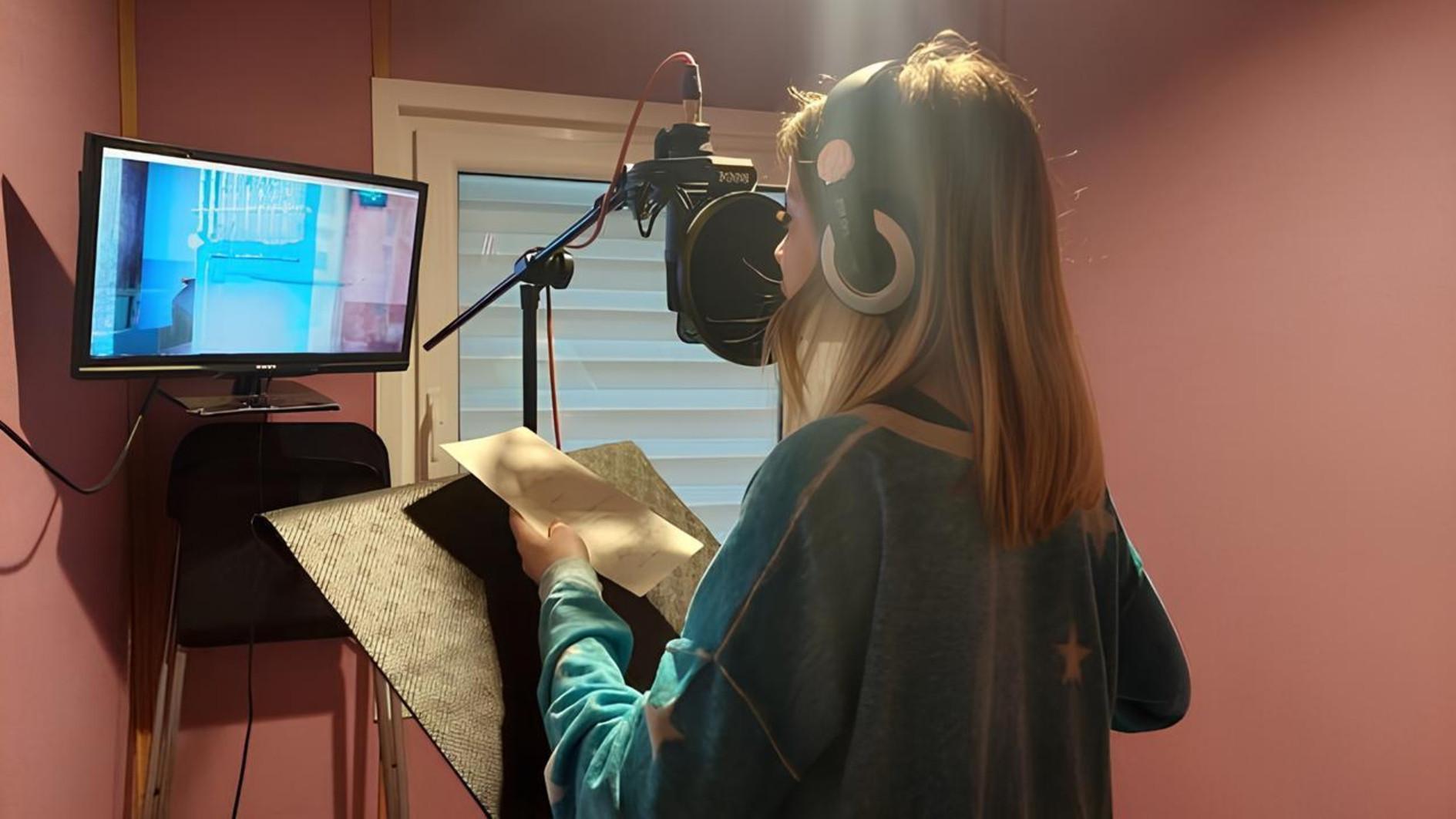
As the Turkish language’s unique accentuation makes it a challenging language to pronounce, it may take some time for artificial intelligence to fully integrate into Türkiye’s dubbing and voice-over industry, Turkish voice actors have told local media.
However, this threat could become more significant in the near future, they said in an interview with private TV channel Habertürk.
AI, which excels in producing content ranging from video creation to audio synthesis, has sparked ongoing debates abroad regarding its use in cinema and voice acting.
The United Voice Artists organization is working globally to devise measures that protect voice actors against the encroachment of artificial intelligence.
In Türkiye, dubbing and voice-over remain vital both artistically and commercially. Turkish voice actors emphasized the risk of the industry becoming obsolete domestically.
"Turkish words can take on different meanings depending on their accentuation. Perfect AI dubbing for Turkish is quite challenging," said Arda Kavaklıoğlu, a voice actor and performer.
For an AI to speak a language flawlessly and use that speech in artistic works, extensive training and significant investment are required. "I doubt that Turkish receives as much investment as English, French or Spanish, as the market there is larger," he added.
Selay Taşdöğen, who voiced a navigation application in Turkish, noted that despite the passage of years, the application still struggles with certain pronunciations.
"For instance, when you listen to Alisa on Yandex, you notice that it still hasn't learned some words properly over time. This likely requires conversational interaction, which it lacks, hindering proper learning."
"Will we become unemployed? Will we lose our livelihood? In the long run, yes. My answer is definitely yes. We already see AI taking over many sectors," she asserted.
For Turkish voice actors, two crucial criteria must be met to prevent the dubbing industry from succumbing to AI. First, if an artist's voice is to be used by AI, prior consent is indispensable. Each project must operate with prior consent and be used solely on a project basis.
Secondly, compliance with the protocol prepared in collaboration with the Actors' Union and the Association of Voice Studios regarding pricing in the voice-over field is essential.